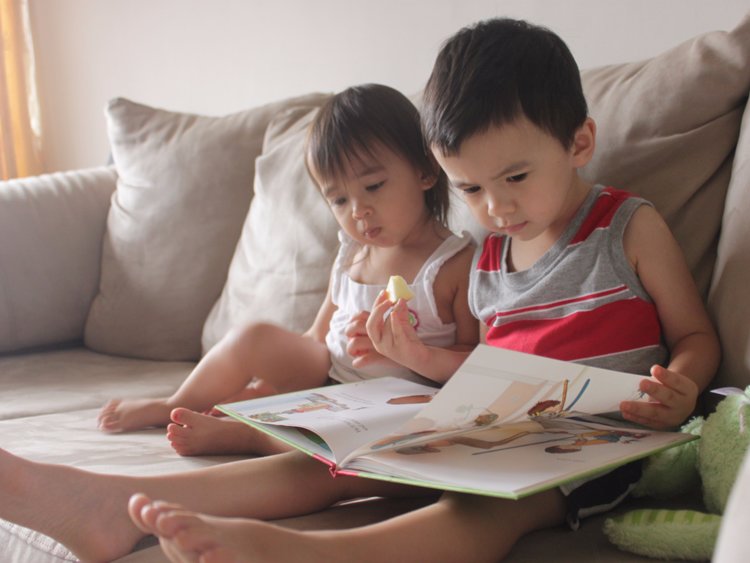 English
English

Young children who have talkative parents, and hear a lot of adult speech tend to develop better cognitive skills than their peers, a study has found.

London: Young children who have talkative parents, and hear a lot of adult speech tend to develop better cognitive skills than their peers, a study has found.
The study, led by researchers at the University of York in the UK, identified a link between kids who heard high quantities of adult speech and their nonverbal abilities such as reasoning, numeracy and shape awareness.
Also Read: Researches find how lifestyle affects genes
The researchers gained unprecedented insight into the secret lives of pre-schoolers by fitting tiny audio recorders into the clothing of children aged two to four.

The experiences of 107 children and their interactions with parents and other caregivers were recorded in the home environment over three days for up to 16 hours per day.
Parents were also asked to complete activities with their children -- involving drawing, copying and matching tasks -- designed to test their child's cognitive skills.
Also Read: Parents must keep track of their preschoolers' screen time
"Using the audio recorders allowed us to study real-life interactions between young children and their families in an unobtrusive way within the home environment rather than a lab setting," said Katrina d'Apice, a PhD student from the University of York.

"We found that the quantity of adult spoken words that children hear is positively associated with their cognitive ability," said D'Apice, lead author of the study published in the journal Developmental Psychology.
"However, further research is needed to explore the reasons behind this link -- it could be that greater exposure to language provides more learning opportunities for children, but it could also be the case that more intelligent children evoke more words from adults in their environment," she said in a statement.
Also Read: Eating breakfast with parents linked with positive body image for teenagers
The researchers also found that high quality adult speech may have benefits for children's linguistic development, as children in the study who interacted with adults who used a diverse vocabulary knew a greater variety of words themselves.

The study also analysed the recordings to look at the impact different parenting styles might have on the children's behaviour.
D'Apice and her colleagues found that positive parenting -- where parents are responsive and encouraging of exploration and self-expression -- was associated with children showing fewer signs of restless, aggressive and disobedient behaviours.
Also Read: Here's why homeschooling children is not that good an idea
"This study is the largest naturalistic observation of early life home environments to date," said Sophie von Stumm, from the Department of Education at the University of York.

"We found that the quantity of adult spoken words that children were exposed to varied greatly within families. Some kids heard twice as many words on one day as they did on the next," said Von Stumm.
"The study highlights the importance of treating early life experiences as dynamic and changeable rather than static entities -- approaching research in this way will help us to understand the interplay between environmental experiences and children's differences in development," she said. (PTI)